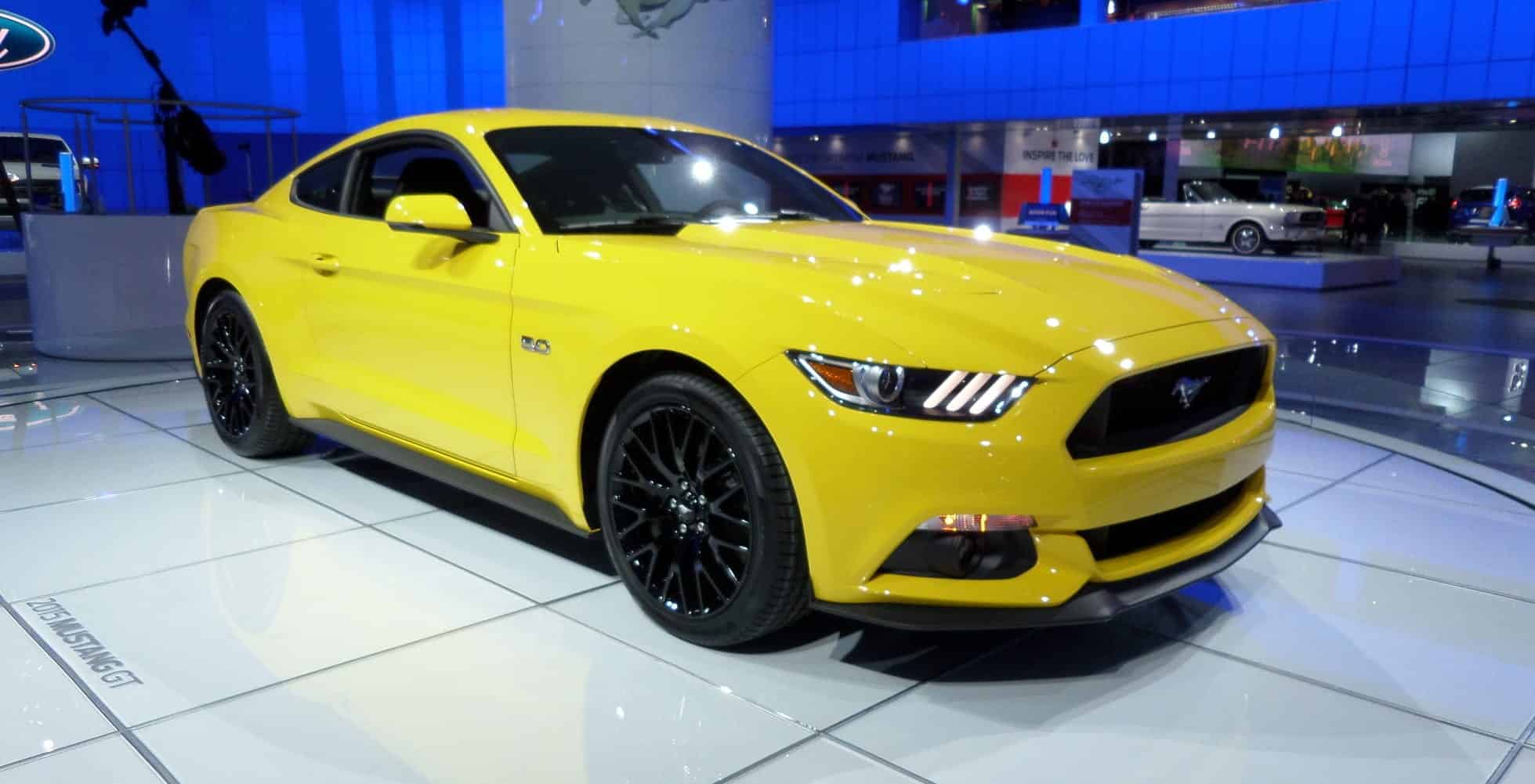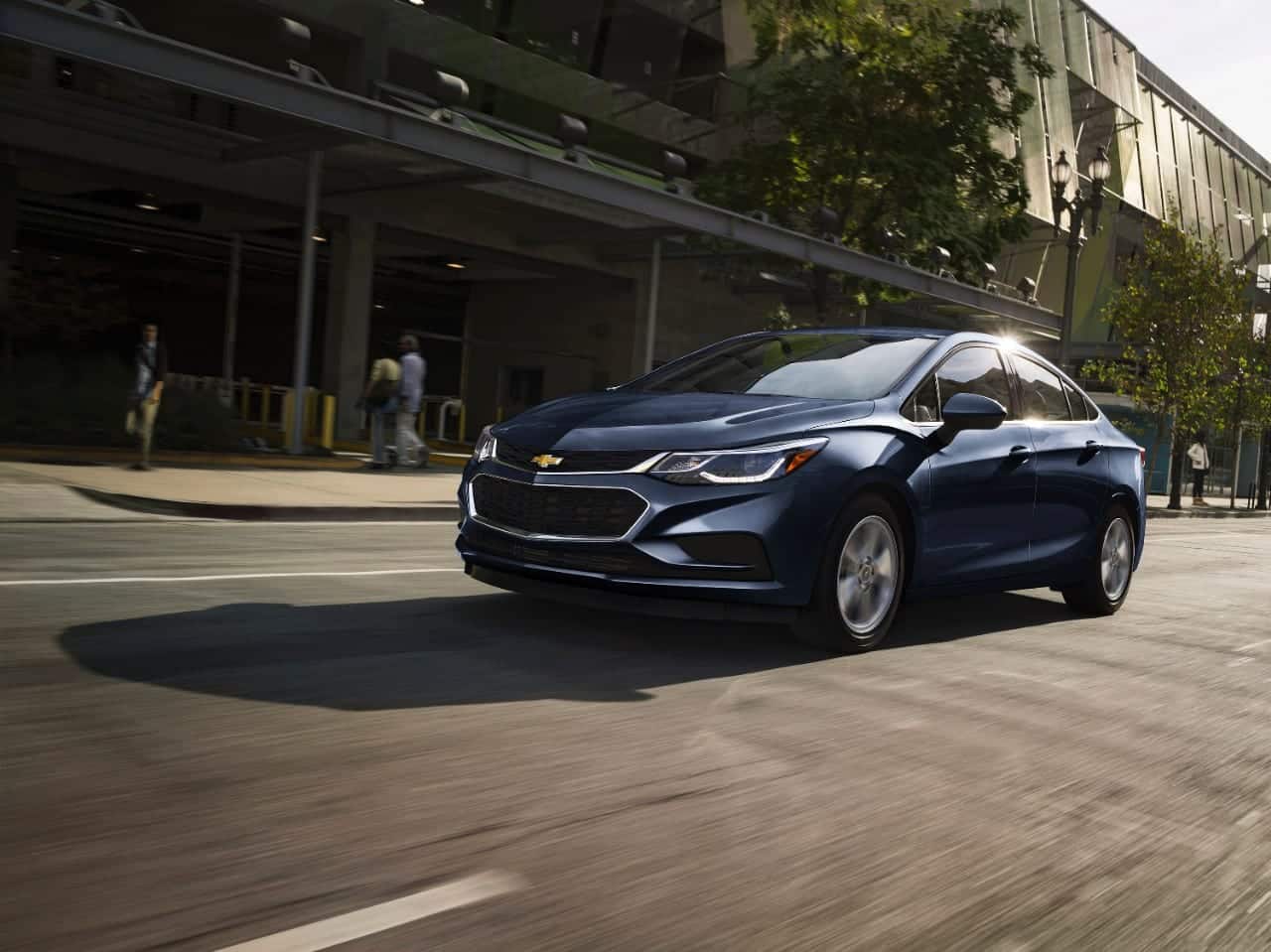Companies often need a push to investigate and correct security vulnerabilities in their products, which may be why a U.S. Senate report from Senator Ed Markey’s office has proposed that the NHTSA and FTC raise security standards. Mr. Markey’s office contacted 16 major automakers with questions pertaining to their wireless technology. All but two automakers lacked knowledge of security vulnerabilities. According to the report, automakers are not at all prepared to respond to infiltration, and only one of them was able to detect attacks in real time. The companies contacted were: General Motors, Honda, Hyundai, Jaguar Land Rover, Chrysler, Mazda, Mercedes-Benz, Mitsubishi, Ford, Nissan, Porsche, Subaru, Toyota, Volkswagen (with Audi), Volvo, and BMW.

Image credit: Kompulsa.
The world is transitioning into an age where automobiles can be unlocked and controlled via wireless technology. Even brakes and engines can be controlled via wireless technology, and this provides a window of opportunity for criminals to sabotage braking systems and kill people. This scary news is compounded by the fact that it can be done without leaving any fingerprints or DNA behind, as it can be done remotely using wireless technology. Criminals can not only crash your vehicle, they can also unlock the doors and steal it. This is one of multiple concerns associated with the Internet of Things. Privacy is a potential issue as well.
Why Haven’t Automakers Dedicated Enough Resources To Securing Their Technology?
Automobile Hacking Hasn’t Blown Up Into A Major Issue Yet
This is not a legitimate excuse for a lack of preparation, however, companies typically won’t spend much money (if any) preparing for an issue unless they are pressured to. Car thieves will eventually start breaking in via hacking until the manufacturers are pressured to dedicate more of their resources to securing their vehicles. This news is appalling, however, the situation is likely to improve. BMW has already patched a security flaw that enabled hackers to unlock their car doors.
Source: Mashable.







